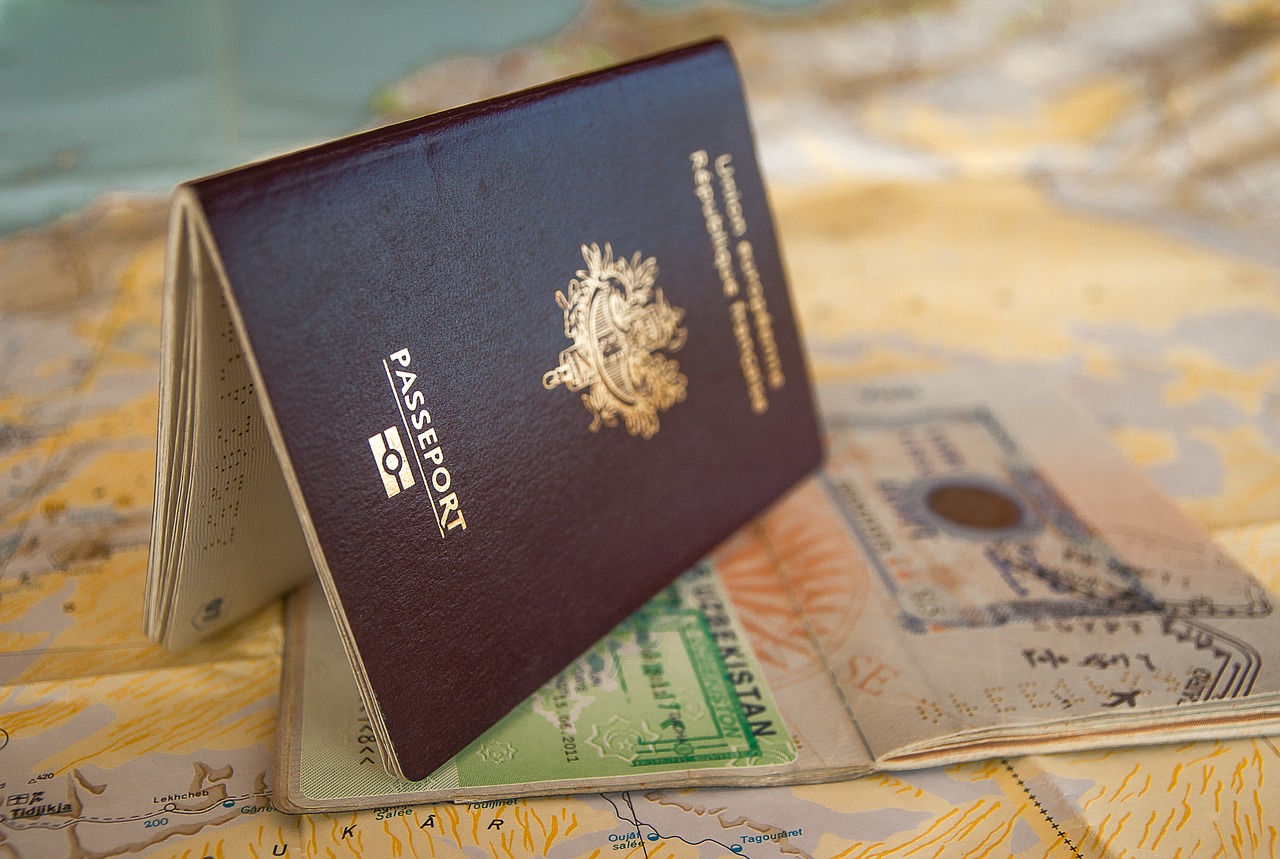
Proposed changes to the H-1B lottery
On December 3, 2018, DHS published a notice of proposed rulemaking to make significant changes to the H-1B allocation process, the H-1B lottery. Under the proposed rule, U.S. employers seeking to file H-1B cap-subject petitions would be required to electronically register each potential H-1B employee separately with U.S. Citizenship and Immigration Services (USCIS) by providing USCIS with basic information about the person and the position during a designated registration period. USCIS would then conduct the H-1B lottery from the pool of timely-filed electronic registrations and those selected would be notified that they are eligible to file a full H-1B petition within a designated 60-day filing period. No fee for the electronic registration has been proposed.
Please be advised that the rule is not yet in effect and USCIS has acknowledged that there might be insufficient time to implement the registration system in time for the FY2020 H-1B cap filing season. In that case, it could accept H-1B petitions with supporting documents as it has historically done in the past for the upcoming FY2020 filing period. The main concerns about the proposed rule change are that employers may be incentivized to register many positions that might not ultimately qualify for an H-1B, or that might be abandoned which will create uncertainty for employers whose registrations are not initially selected, making it difficult for them to effectively plan to fill their workforce needs.
USCIS is also proposing to reverse the order in which the agency selects cap-subject H-1B petitions to give an advantage to individuals with a U.S. master’s or higher degree.
Under the current system, advanced degree beneficiaries are selected before regular cap beneficiaries. Under the proposed rule, the regular cap lottery would be conducted first, and the advanced degree lottery would be conducted second, thus giving those with U.S. advanced degrees an additional chance and beneficiaries who possess only a bachelor’s degree, or a non-U.S. master’s or higher degree would have a decreased change of being selected for the H-1B lottery.
This could have unintended consequences, such as penalizing U.S. businesses who employ professionals in fields where a master’s degree is not typically required, such as public education, accounting, and architecture. Also, the healthcare sector, which relies heavily on foreign physicians to supplement a shortage of U.S. doctors, could be disadvantaged, as many such physicians complete their medical education overseas before seeking employment in the United States.
